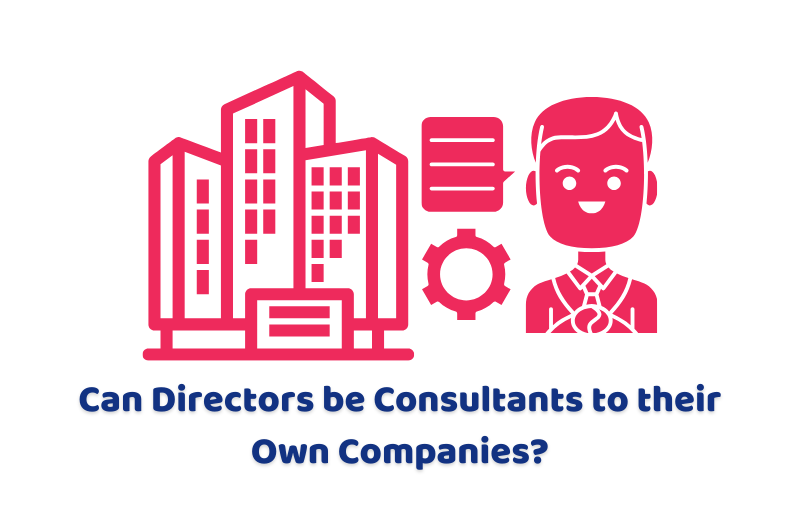Kevin Read examines a recent legal decision where HMRC prevailed against directors serving as consultants to their own firms, and explores conditions under which directors might avoid PAYE or benefit tax liabilities.
Owners of private companies who are also directors often seek tax-efficient methods to extract income from their businesses. The case of Petrol Services Limited v HMRC [2018] UKFTT 773 (TC) draws attention to a strategy that generally fails, as affirmed by the First-Tier Tribunal (FTT).
Employment Contracts
In Petrol Services Ltd (PSL), two directors, who with their spouses held 25% shares, managed petrol stations without any employees. The stations’ shop and car wash were leased to tenants who handled fuel payments and rent collection for PSL.
These directors didn’t receive direct salaries from PSL. They had individual consultancy contracts with the firm, obliging them to work for a fixed monthly payment, received gross, not via payroll like typical directors’ remuneration. Their responsibilities included fuel procurement, pricing, and rent collection, working about 20 to 40 hours weekly.
HMRC contended that these directors were effectively under a contract of service, hence subject to income tax and National Insurance contributions (NICs) via PAYE. Additionally, HMRC presented evidence indicating the directors dealt with suppliers in their official capacity, not as independent contractors.
Consultant or Director?
Can a director of a closely-held company simultaneously act as its consultant? If the tasks align with those expected of a director, the answer is no. Such income is subject to PAYE taxation.
However, if the consultancy is distinctly separate from directorial duties, the setup may be permissible. The crucial criterion is whether the services are offered to other clients, not just the closely-held company. In the discussed case, the earnings were purely directorial.
Consider a different scenario: a small manufacturing firm with three directors, one being a part-time practicing solicitor. It’s reasonable for this director to offer legal consultancy to the firm and charge accordingly.
Independent consultancy by directors is feasible if:
1. The services are beyond their normal directorial responsibilities; and
2. The services are also offered to other clients.
Assessing Authenticity
Tribunals also scrutinize schemes designed to provide vehicles (and occasionally fuel) to directors to dodge benefit charges and Class 1A NICs.
For instance, the 2012 case DJ Cooper v HMRC [2012] UKFTT 439 (TC) involved two relatives, D and P, directing a family company, L, and part of a partnership with D’s family. Ostensibly established for ‘administrative services’ to L, the partnership primarily supplied cars to its members. The aim was to sidestep car benefit charges and, through some private use, classify the cars for favorable capital allowances.
The FTT found that the partnership, serving solely L, lacked commercial validity. The rationale behind the partnership’s car provision to its members, and L’s sufficient payments to cover the cars and fuel costs, was deemed non-commercial. Consequently, the benefits were taxable as they were provided due to D and P’s employment.
Contrarily, had the partnership been a legitimate independent entity, supplying cars instead of the company could have validly avoided benefit charges.

